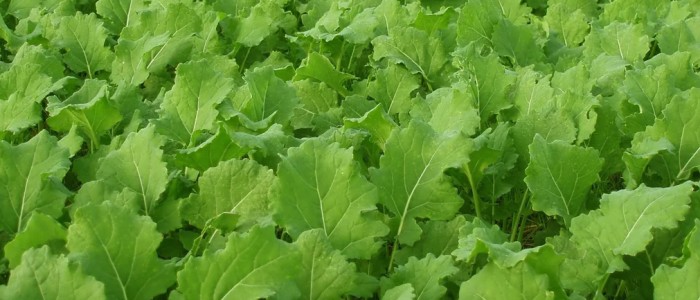-
 Turf Grass Seed Bluegrass, Bentgrass, Ryegrass, Fescues...
Turf Grass Seed Bluegrass, Bentgrass, Ryegrass, Fescues...
-
 Forage Seed Bromes, Clovers, Fescue, Wheatgrass, Legumes
Forage Seed Bromes, Clovers, Fescue, Wheatgrass, Legumes
-
 Grains Wheat Grain, Rye Grain
Grains Wheat Grain, Rye Grain
-
 Cover Crop Seed Buckwheat, Clover, Peas, Ryegrain
Cover Crop Seed Buckwheat, Clover, Peas, Ryegrain
-
 Wildflower Seed Mixtures, Singles, Annual, Perennial
Wildflower Seed Mixtures, Singles, Annual, Perennial
-
 Sprouting Seeds Fully certified Non-GMO Organic seeds for sprouts or microgreens
Sprouting Seeds Fully certified Non-GMO Organic seeds for sprouts or microgreens
Seven Top Turnip Non-GMO Sprouting Seeds
Seven Top Turnips are unique from other turnips because they don’t produce large root bulbs. They are primarily grown for their leaves or “greens” which can be eaten raw or cooked (like spinach). The seeds produce a tender, crisp sprout that tastes sort of like a radish. They grow quickly and are delicious in salads, soups, garnishes and more.
Seeding Rate:
Indoor: 1oz p/10”x 20” tray
Outdoor: 2 lbs. / per acre
How to Grow: Wash seeds thoroughly before planting. If grown indoors, germinate in darkness for at least two days (until germinated). Plant in fertile, well-drained soil at a depth of at least 1/8” with temperatures between 50°F to 75°F in full sun (or under grow lights). Keep the soil moist, but avoid overhead watering. Harvest when the seedlings are about 3-4” tall.
Outdoors: The Seven Top radish can be planted in the fall for a winter harvest. The foliage is ready for harvest 45 days after sowing. If ingested raw, the foliage is cut when it reaches six to nine inches of height. When cooked, the greens are allowed to grow up to two feet in height. Can be tilled back into soil to add nutrition for spring crops.
Nutritional Value: Sprouting seeds are richer in protein, folate, magnesium, phosphorus, manganese and vitamins C and K than un-sprouted plants. The vitamin and mineral content varies based on the variety of the sprouting seeds. Sprouts offer a powerful source of vitamins, minerals, antioxidants, and enzymes that fight free radicals because sprouting can increase their potency by 20 times or more.

